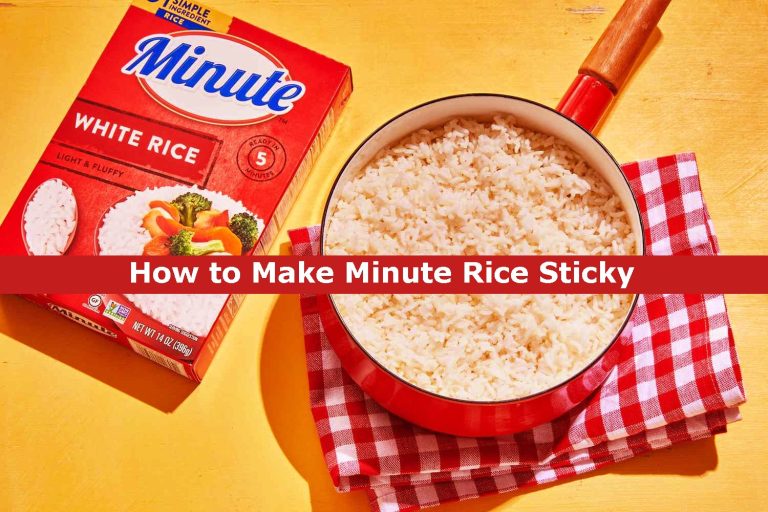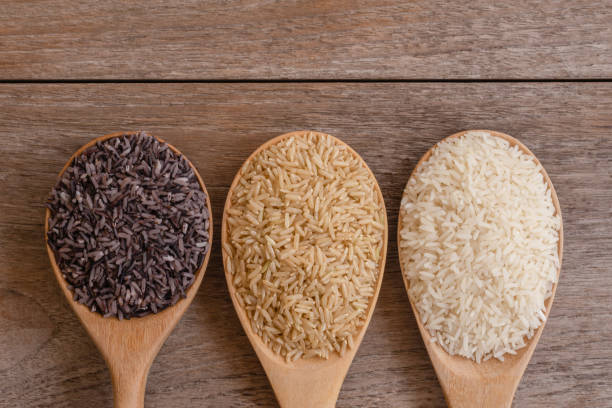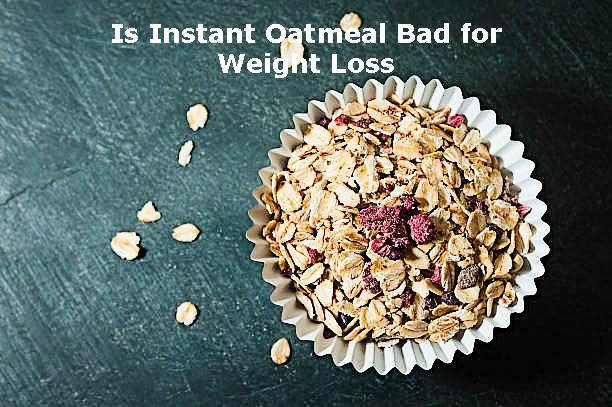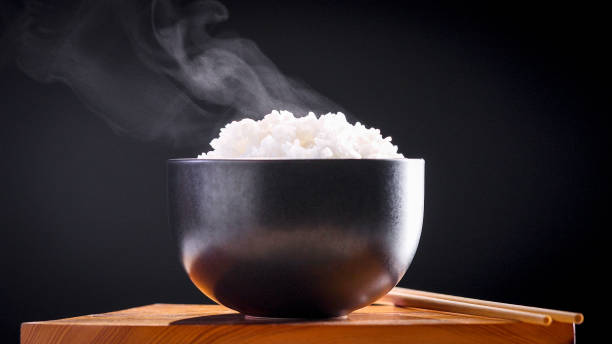Table of Contents
Introduction:
Does eating rice lower your testosterone levels? This question often arises when discussing the impact of food on hormonal health. Maintaining healthy testosterone levels is crucial for overall well-being, particularly for men.
Testosterone plays a vital role in various bodily functions, including muscle mass development, bone density, libido, and mood regulation. In this blog post, we will delve into the relationship between rice consumption and testosterone levels to shed light on this topic.
Understanding Testosterone Levels:
To address the query, “Does eating rice lower your testosterone levels?” we must first understand what influences testosterone production. Testosterone is a hormone primarily produced in the testes in males and smaller amounts in the ovaries and adrenal glands in females.
It plays a crucial role in various physiological processes, including the development of sexual characteristics, maintaining bone density, muscle mass, and overall well-being. The levels of testosterone in the body can be influenced by several factors, both intrinsic and extrinsic. Let’s explore some of the key factors that can affect testosterone levels:
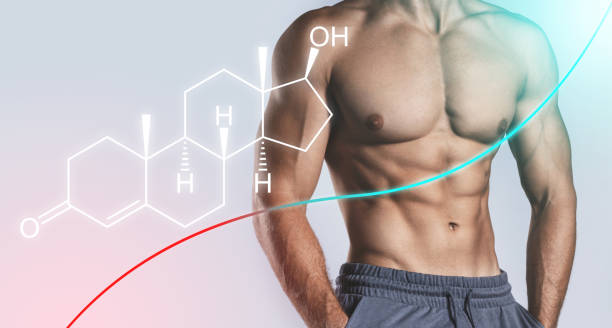
Age: Testosterone levels naturally decline with age. Typically, men experience a gradual decrease in testosterone starting around the age of 30. This decline, known as andropause or male menopause, continues throughout adulthood at a rate of approximately 1% per year.
Lifestyle and Diet:
- Diet: Certain nutrients play a role in testosterone production. Adequate intake of healthy fats, such as omega-3 fatty acids, and micronutrients like zinc and vitamin D, can support testosterone production. On the other hand, a diet high in processed foods, sugar, and unhealthy fats may negatively impact testosterone levels.
- Exercise: Regular physical activity, especially strength training and high-intensity interval training (HIIT), has been shown to increase testosterone levels. Conversely, a sedentary lifestyle can contribute to lower testosterone levels.
Obesity: Excess body fat, particularly abdominal fat, can lead to lower testosterone levels. Adipose tissue converts testosterone into estrogen, resulting in a hormonal imbalance. Additionally, obesity is associated with insulin resistance, which can further disrupt testosterone production.
Chronic Stress: Prolonged exposure to stress can disrupt the balance of hormones in the body, including testosterone. The stress hormone cortisol competes with testosterone for receptor sites, leading to a decrease in testosterone availability. Managing stress through techniques like meditation, exercise, and relaxation can help maintain healthy testosterone levels.
Sleep Quality: Sufficient and quality sleep is crucial for hormone regulation, including testosterone. Studies have shown that sleep deprivation or poor sleep can lower testosterone levels. Aim for 7-9 hours of uninterrupted sleep each night to support optimal hormone production.
Medications and Medical Conditions:
- Medications: Certain medications, such as opioids, corticosteroids, and some antidepressants, can suppress testosterone production.
- Medical Conditions: Various medical conditions, including hypogonadism (testosterone deficiency), diabetes, obesity, and chronic illnesses, can contribute to lower testosterone levels. Treating the underlying condition can often help restore testosterone levels.
Environmental Factors:
- Endocrine Disruptors: Exposure to endocrine-disrupting chemicals (EDCs) found in plastics, pesticides, and certain personal care products may interfere with testosterone production and function.
- Heavy Metal Exposure: High levels of heavy metals like lead and cadmium have been associated with lower testosterone levels.
Does Eating Rice Lower Your Testosterone Levels?
No, eating rice does not lower testosterone levels. The belief that eating rice can lower testosterone levels is a common misconception. There is no scientific evidence to support this claim.

There are several reasons why rice does not lower testosterone levels:
Nutritional Composition: Rice is primarily a source of carbohydrates and contains minimal amounts of protein, vitamins, and minerals. While macronutrients like carbohydrates, proteins, and fats are essential for overall health, they do not have a direct impact on testosterone production.
Lack of Testosterone-Lowering Components: Rice does not contain any known compounds or substances that have been scientifically linked to lowering testosterone levels. It is a natural, unprocessed food that is widely consumed without any reported negative effects on hormone balance.
Glycemic Index: While rice, especially white rice, has a relatively high glycemic index (GI), which indicates its potential to raise blood sugar levels quickly, there is no direct correlation between the glycemic index of a food and testosterone levels. High-GI foods can impact insulin levels, but the effects on testosterone are minimal and not specific to rice alone.
Read About Does Eating Cabbage Lower Your Testosterone Level?
What Foods Drop Testosterone?
While rice is not directly responsible for lowering testosterone levels, certain foods may have a negative impact. Foods high in sugar, processed carbohydrates, and unhealthy fats can contribute to weight gain, insulin resistance, and inflammation, which can ultimately affect testosterone production. It is important to maintain a balanced diet that includes nutrient-dense foods to support overall hormonal health.
Does Eating Rice Boost Your Testosterone Levels?
No, eating rice won’t boost your testosterone levels directly but it plays a part.
Let me explain………
Rice can be a part of a healthy and balanced diet that supports optimal hormone production. A variety of nutrient-rich foods such as lean meats, fish, fruits, vegetables, whole grains, and healthy fats in conjunction with rice can contribute to overall hormonal well-being. Source
Alternatives for Increasing Testosterone Levels:
If you are specifically looking to increase testosterone levels, incorporating certain foods into your diet may have a positive impact. Foods rich in zinc, such as oysters, lean meats, beans, and nuts, as well as those containing vitamin D, like fatty fish, eggs, and fortified dairy products, are believed to support testosterone production.
Why do bodybuilders prefer rice?
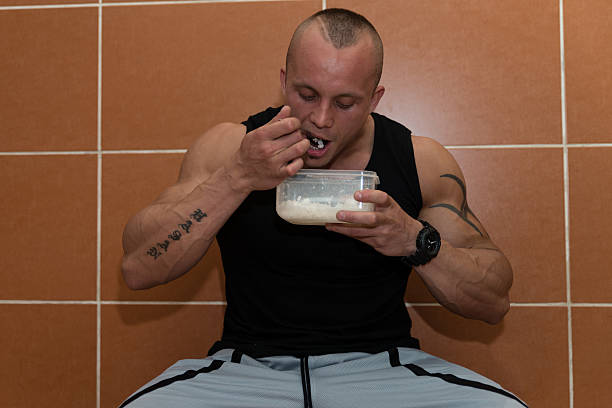
Bodybuilders prefer rice due to its high carbohydrate content and easy digestibility. Carbohydrates provide energy and replenish glycogen stores in the muscles, supporting intense training sessions and muscle recovery.
Final Thought
Does eating rice lower your testosterone levels? In my understanding, rice consumed in moderation does not directly lower testosterone levels. It is crucial to consider the overall dietary pattern and lifestyle choices. Excessive consumption of refined carbohydrates and an unhealthy lifestyle can indirectly impact testosterone production.
To support optimal testosterone levels and overall hormonal health, it is essential to maintain a well-rounded diet that includes rice and other nutrient-rich foods, coupled with regular exercise and healthy lifestyle choices.
Remember, if you have concerns about your testosterone levels or dietary choices, it is always advisable to consult with a healthcare professional or a registered dietitian for personalized advice.



